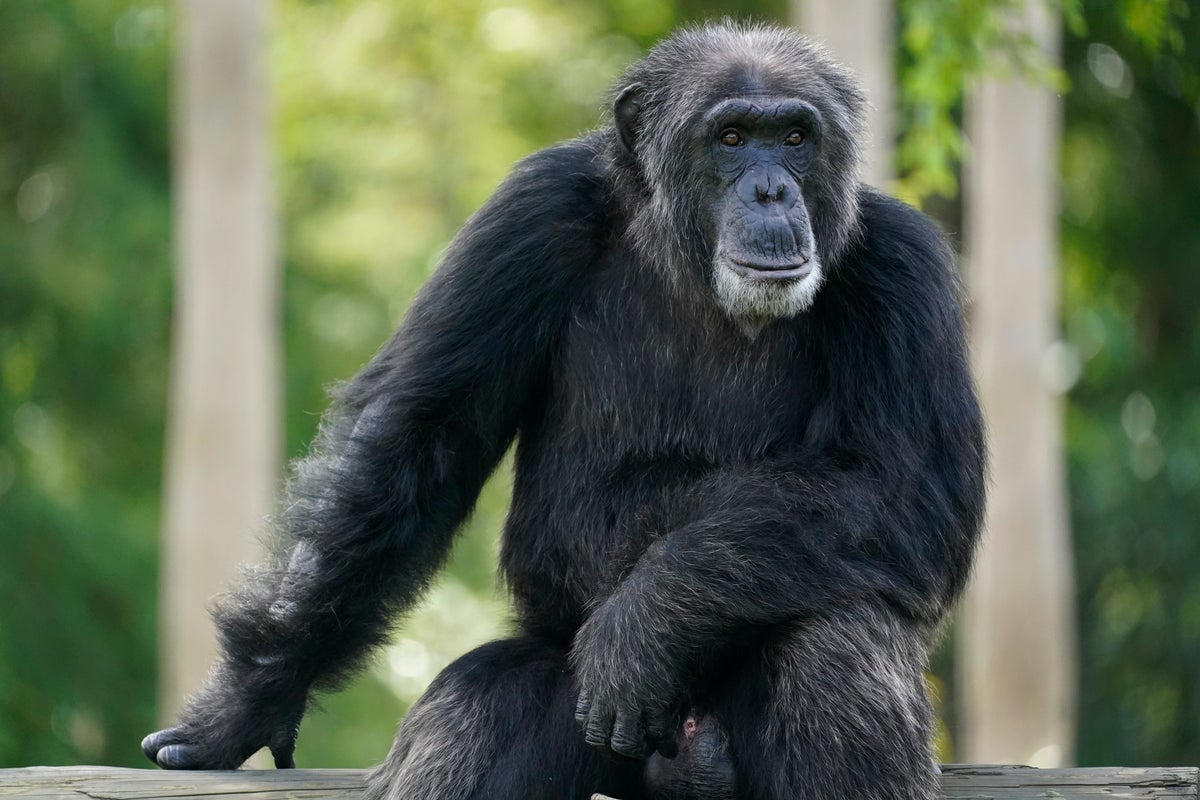Chimpanzees Are Challenging Human Superiority by Demonstrating Critical Thinking Skills in Evidence Assessment
Recent research has revealed that chimpanzees possess the ability to critically assess the quality of evidence when faced with choices, a finding that has profound implications for our understanding of primate cognition and the nature of intelligence itself. This study challenges long-held beliefs about the superiority of human thought processes and raises questions about the unique qualities that we attribute to our species.
Historically, humans have prided themselves on their cognitive abilities, often viewing themselves as the pinnacle of evolution. This belief has been deeply ingrained in our culture, influencing everything from philosophical discourse to religious narratives that emphasize human exceptionalism. However, the emerging evidence that chimpanzees can engage in critical thinking and evaluate information in a nuanced way forces us to reconsider the boundaries of intelligence and the cognitive capabilities of non-human animals.
The study in question involved a series of experiments designed to test the decision-making processes of chimpanzees. Researchers presented the primates with various scenarios where they had to choose between different options based on the quality of evidence provided. The findings indicated that chimpanzees were not only capable of making informed decisions but also demonstrated an understanding of the reliability of the information they were presented with. This ability to assess evidence critically suggests a level of cognitive sophistication that blurs the lines between human and non-human intelligence.
This revelation has sparked a heated debate among scientists, ethicists, and the general public. Some argue that recognizing the cognitive abilities of chimpanzees and other primates could lead to a reevaluation of their treatment in captivity and in the wild. If these animals are capable of complex thought processes, should they not be afforded greater rights and protections? This question echoes broader societal discussions about the treatment of sentient beings and the moral implications of our actions toward them.
Moreover, the implications of this research extend beyond ethical considerations. Understanding the cognitive abilities of chimpanzees can provide valuable insights into the evolution of intelligence itself. By studying how these primates process information and make decisions, researchers can gain a better understanding of the evolutionary pathways that led to human cognition. This could potentially reshape our understanding of not only our own species but also the broader animal kingdom.
The findings also challenge the notion of intelligence as a linear progression. Traditionally, intelligence has been viewed as a hierarchy, with humans at the top and other animals positioned below. However, the ability of chimpanzees to engage in critical thinking suggests that intelligence may be more complex and varied than previously thought. This perspective aligns with a growing body of research that highlights the cognitive capabilities of various species, including dolphins, elephants, and even certain birds.
As the conversation around animal intelligence continues to evolve, it raises important questions about our responsibilities as stewards of the planet. If we acknowledge that other species possess advanced cognitive abilities, how does that change our approach to conservation, animal welfare, and our interactions with the natural world? The implications are vast and multifaceted, touching on issues of environmental ethics, biodiversity, and the interconnectedness of all living beings.
In addition to ethical and evolutionary considerations, the study of chimpanzee cognition also has practical applications. Understanding how these primates assess evidence can inform fields such as artificial intelligence and machine learning. By studying the decision-making processes of chimpanzees, researchers may be able to develop more sophisticated algorithms that mimic these natural processes, leading to advancements in technology that could benefit society as a whole.
The controversy surrounding the implications of this research is likely to continue as more studies emerge. As we delve deeper into the cognitive abilities of chimpanzees and other non-human animals, we may find ourselves confronting uncomfortable truths about our place in the natural world. The challenge will be to navigate these revelations with humility and a willingness to adapt our beliefs and practices in light of new evidence.
In conclusion, the findings from this study serve as a powerful reminder of the complexity of intelligence and the need for a more nuanced understanding of the cognitive abilities of non-human animals. As we grapple with the implications of these revelations, it is essential to foster a dialogue that respects the intelligence of all species and considers the ethical responsibilities that come with that recognition. The conversation is just beginning, and its outcomes could reshape our relationship with the animal kingdom for generations to come.
The primates can critically assess the quality of evidence when faced with choices




